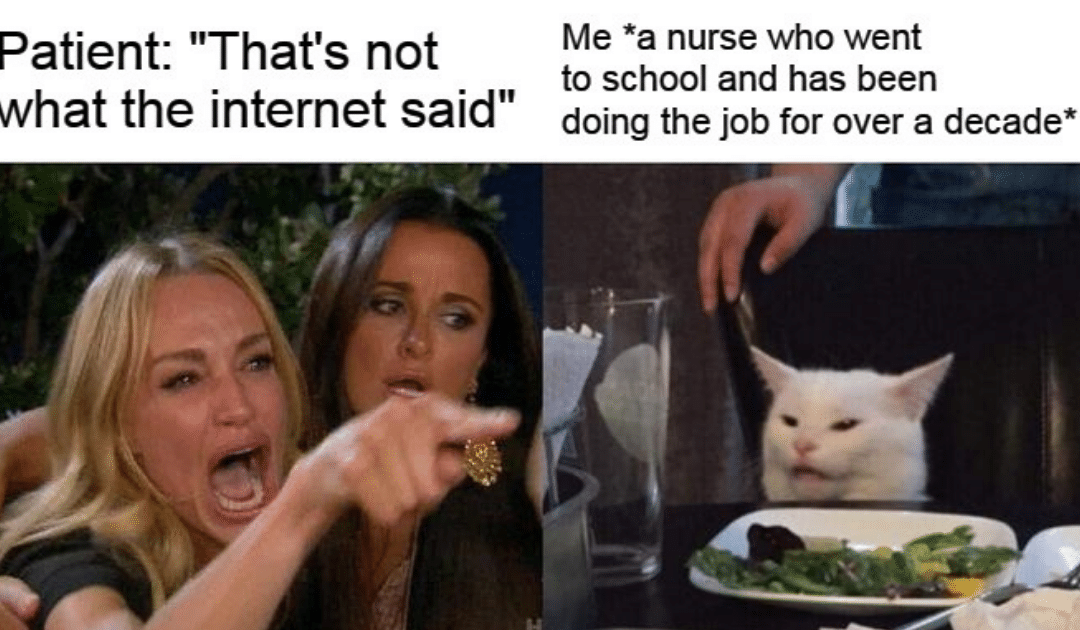
by California Casualty | Nurses |
Nursing is a high-pressure profession that can lead you on a rollercoaster of emotions (especially in 2020). Some days you bawl your eyes out and want to quit, other days you witness miracles happen right before your eyes and you can’t imagine doing anything else.
To be a nurse you need to be mentally strong, especially during the middle of a pandemic. And what better way to cope, and get yourself back in a positive headspace after a long shift, than with some really relatable (and hilarious) Nurse Memes?
Check them out below!
Trying to chart like…


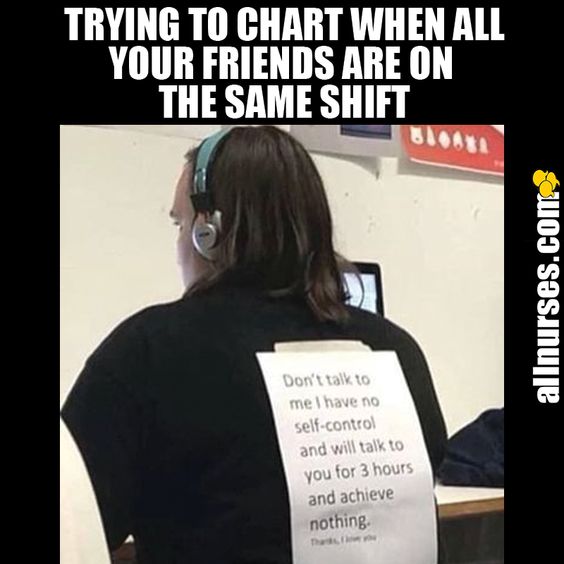
When it’s time for shift change
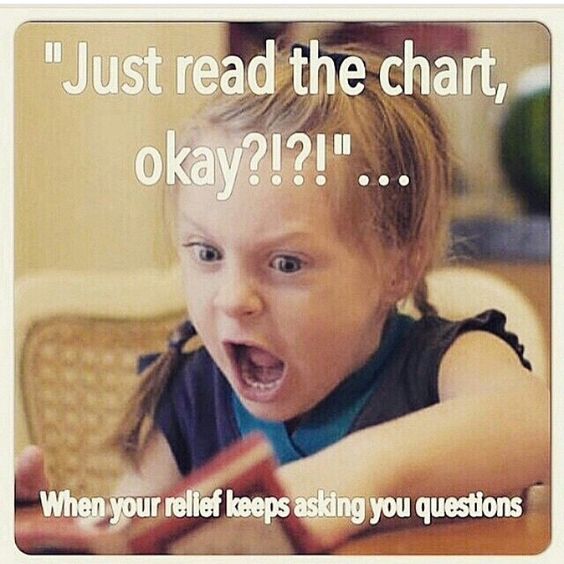
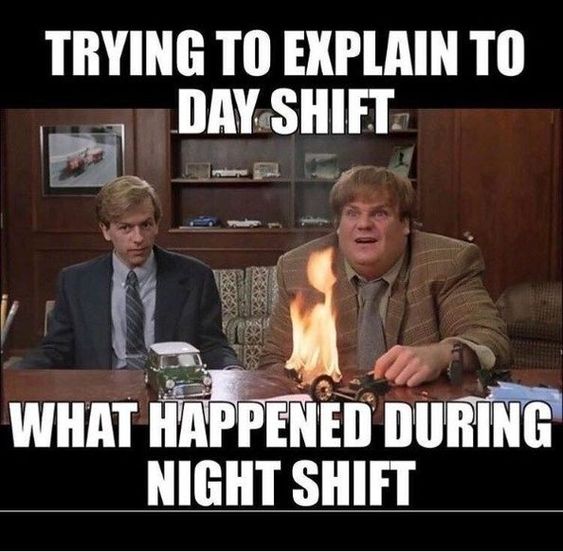
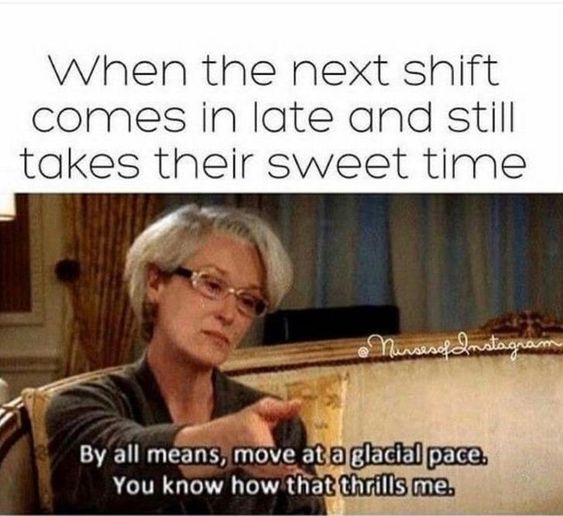
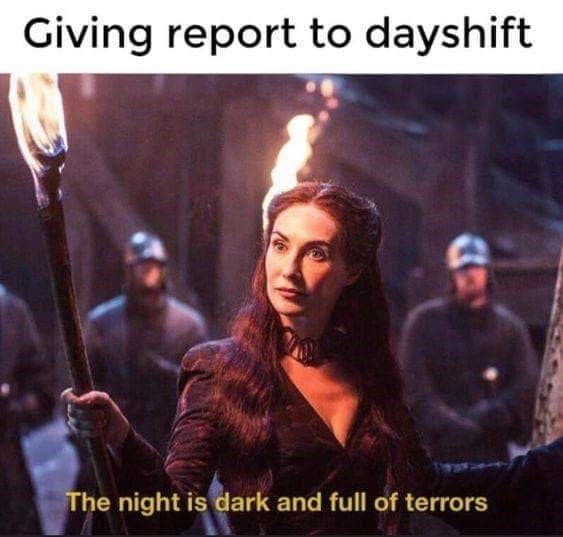
And a few more for our night shift warriors
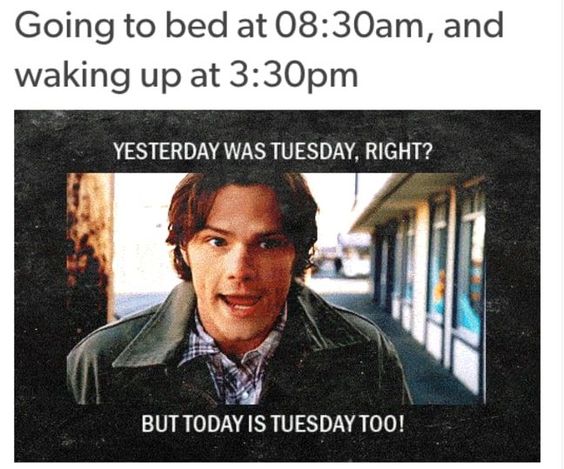
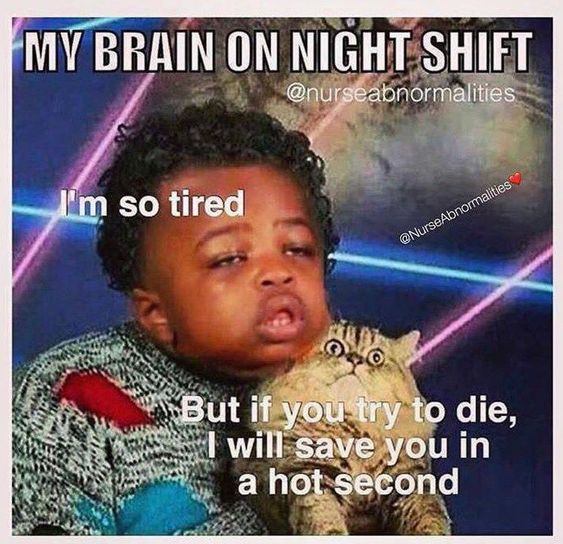
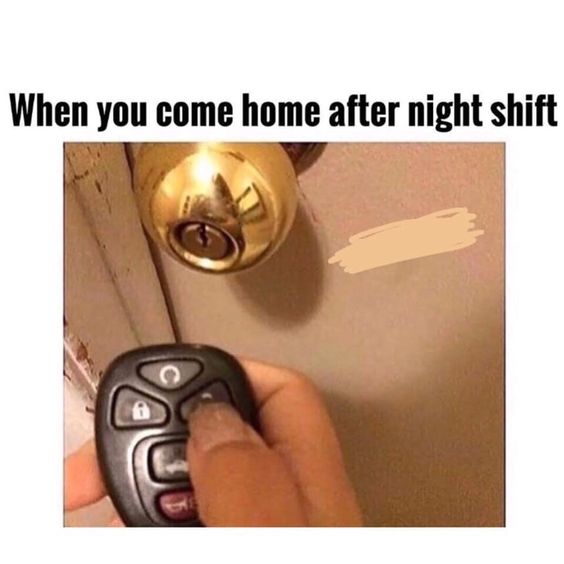

And finally some overall good (and a bit morbid) nurse humor
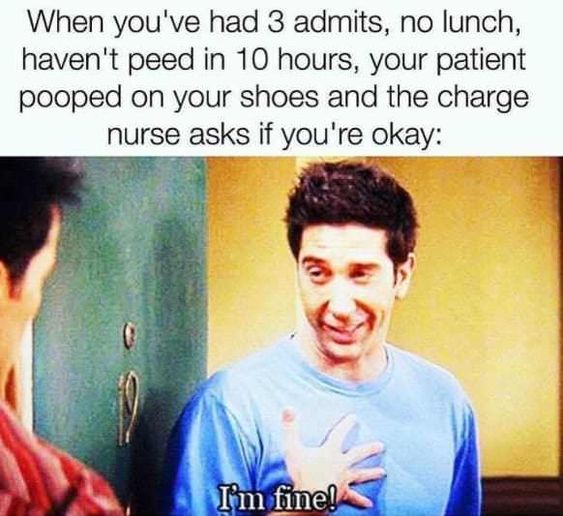
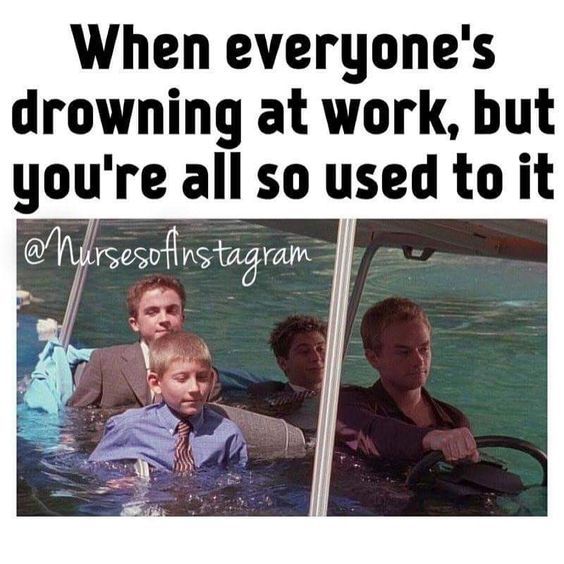

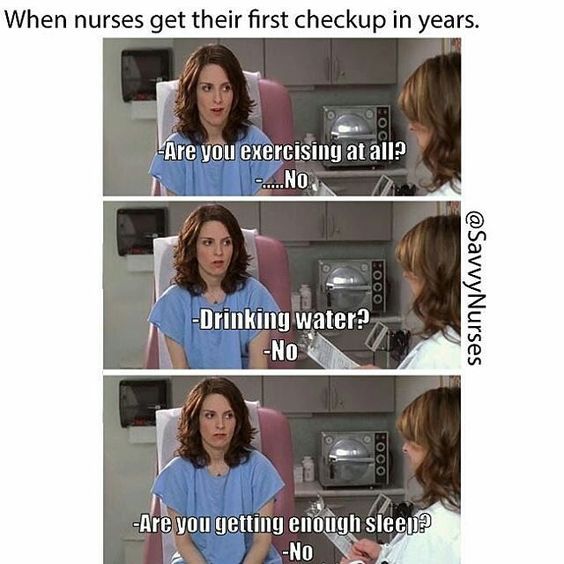


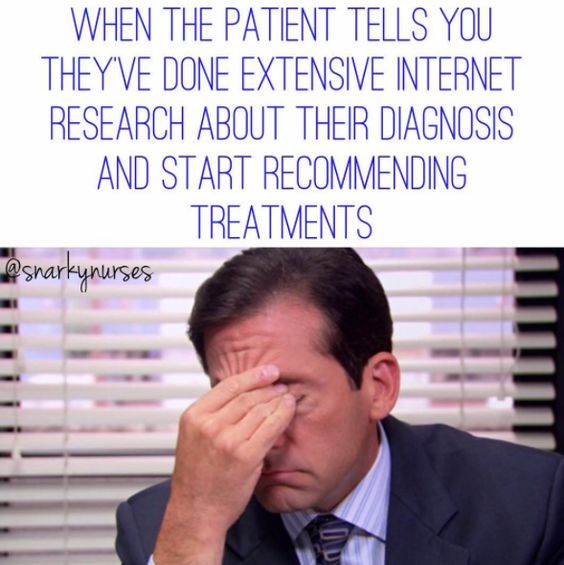

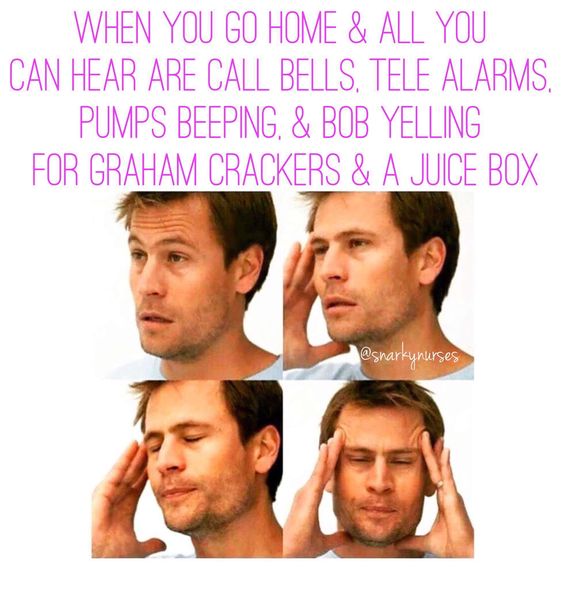
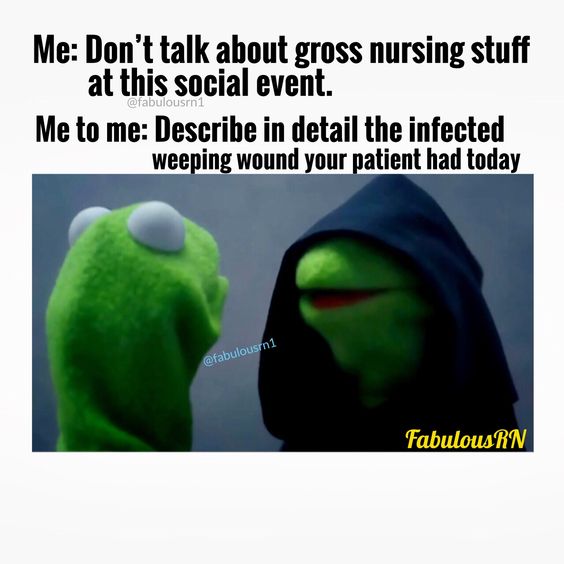
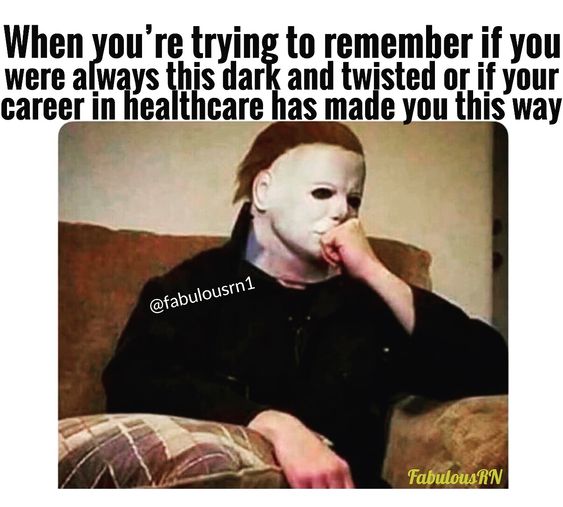
But at the end of the day

Want to keep laughing? Check out our Pinterest board “Nurse Memes”. While you’re there, don’t forget to give us a follow at California Casualty to stay up to date on every new memewe discover! Scan our Pincode with your Pinterest camera to follow:

This article is furnished by California Casualty, providing auto and home insurance to educators, law enforcement officers, firefighters, and nurses. California Casualty does not own any of the photos in this post, all are sources by to their original owners. Get a quote at 1.866.704.8614 or www.calcas.com.

by California Casualty | Auto Insurance Info |
Car crashes are the number one cause of death for teens, with drivers aged 16-19 the most likely to be in a fatal car crash of all drivers.
Teens’ inexperience behind the wheel is a primary reason for these tragic statistics. Another is reckless and distracted driving – unfortunately, exhibited by many drivers but especially problematic for younger drivers.
As parents, educators, and adults in teens’ lives, we have an important role to play in helping reduce these preventable deaths.
Teens & Distracted Driving
Because of their driving inexperience, teens are much more likely to engage in distracted driving – which is any activity that distracts their attention away from driving and the road.
Distractions can be visual, manual, or cognitive. Examples are eating food, fiddling with the stereo, applying make-up, engaging with passengers, or reaching for things in their car. Far and away, the biggest one is cell phones: texting, emailing, watching videos, talking.
What You Can Do
As adults in teens’ lives, we have a great opportunity to lead by example, encourage responsible behaviors, and support teens in developing safe driving habits.
- Parents – As a parent, you may have more influence than you think: Teens who say their parents set rules and gave advice in a supportive, helpful way are 50% less likely to crash. Here are some things you can do:
-
- Set an example by practicing safe, non-distracted driving every time you get in the car.
- Talk to your teen about the rules of the road, responsibilities of being a licensed driver, and statistics about distracted driving. Look up your state’s penalties for using the phone while driving and inform them that in states with graduated driver licensing, a violation could mean a suspended license.
- Take the pledge. Have everyone in your family sign a pledge to drive distraction-free (resources below).
- Set consequences for distracted driving, which could include suspension of driving privileges and/or their phone.
- Encourage your teen to be an ambassador of safe driving with their peers. Teens are often the best messengers to their peers.
- Teachers/educators – Teachers have a unique opportunity to add important safety messaging during their class day. Look for resources (see below) for the classroom – whether that’s remote or in-person. Model safe driving whenever you drive.
- Employers – If you have young employees, promote a culture of safe driving. Car accidents are the leading cause of on-the-job deaths. Set policies for cell phone use in the workplace and educate staff members about safe-driving habits.
- Law enforcement officers – Peace officers are on the front lines of keeping our roads safe and have an outsized influence in reinforcing safe driving habits whenever dealing with young drivers.
- Community members – As a member of your community, take advantage of all the ways you can help keep teen drivers safe. Drive safely every time you get into the car, advocate for teen drivers, join pledges, and make your support visible.
Pledges and Resources
Whether at home, in the classroom, or at the workplace, use the resources below to reinforce safe driving messaging.
- Safe driving pledges
- Resources
-
- Impact Teen Drivers has abundant resources for teachers, including videos, posters, and lesson plans. Also, check out their contest for teens to use their creativity to communicate the importance of safe driving. (Disclaimer: California Casualty is a founding sponsor of this important organization – read more
- TextLess Live More – a student-led, peer-to-peer advocacy group focused on ending distracted driving.
- Traffic Safety Marketing offers downloadable materials for National Teen Driver Safety Week: general safety resources as well as some specifically for distracted driving.
- The Centers for Disease Control and Prevention offers resources for parents, pediatricians, and community partners to keep teen drivers safe on the road.
Reducing needless teen deaths from car crashes is a cause we can all take part in. One of the most important things you can do is to lead by example. Together we can end distracted driving.
This article is furnished by California Casualty. We specialize in providing auto and home insurance to educators, law enforcement officers, firefighters, and nurses. Get a quote at 1.866.704.8614 or www.calcas.com.
by California Casualty | Educators |
Don’t let this Halloween be just a bunch of Hocus Pocus in your classroom. Halloween Costume Ideas for Teachers

Here are some awesome Teacher Halloween Costumes even the Sanderson sisters would be proud of:


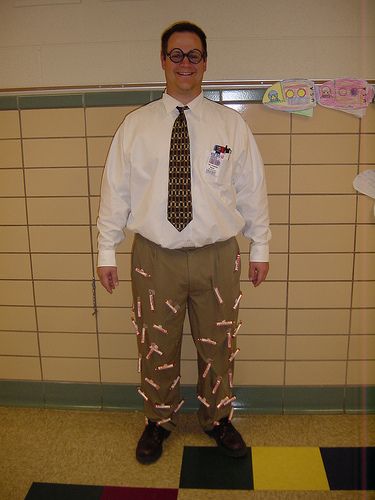

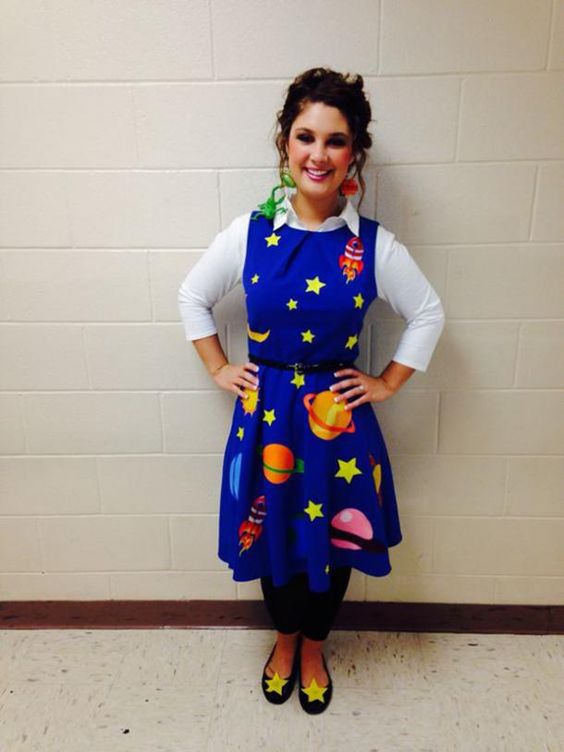
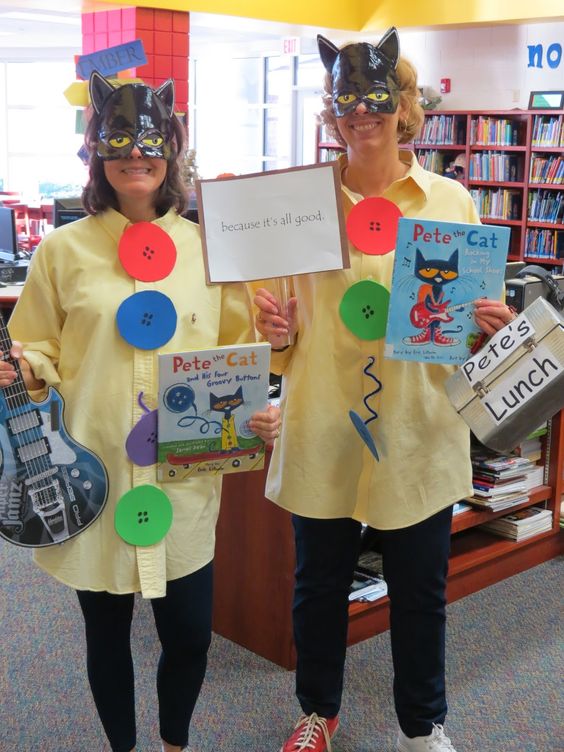

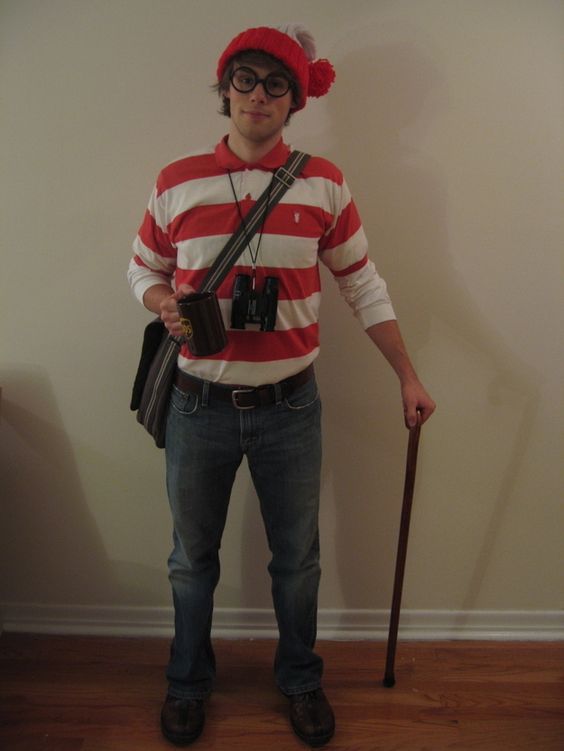

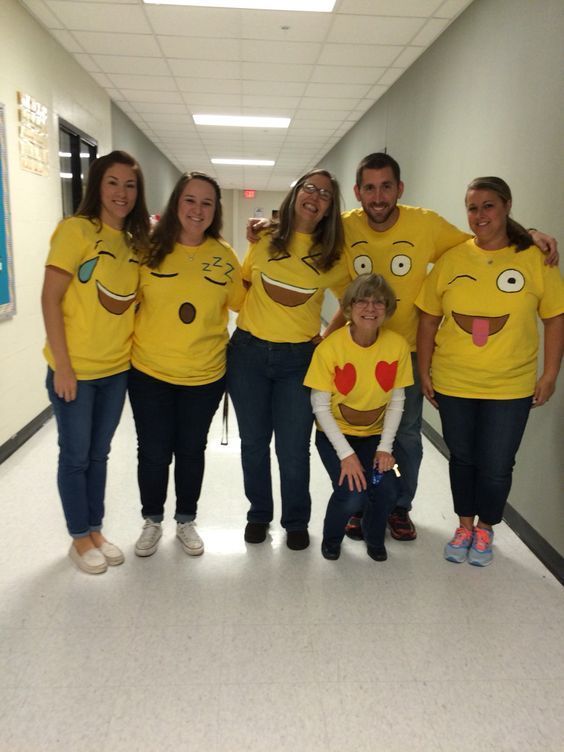
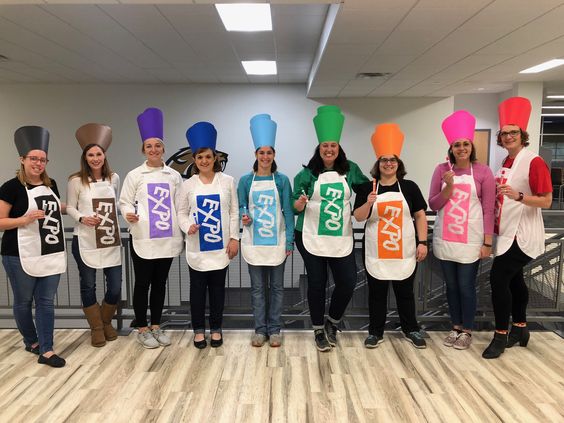
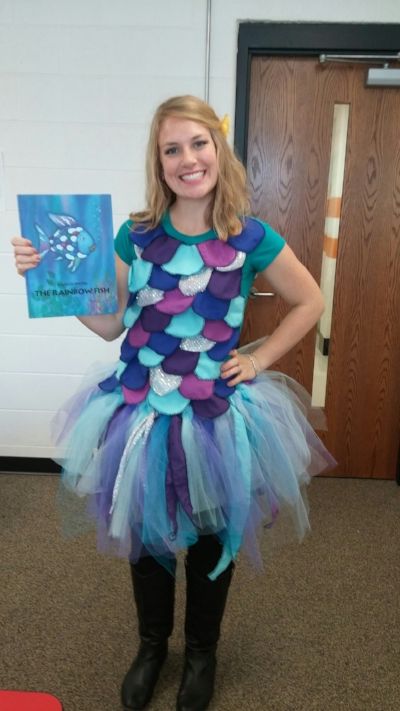
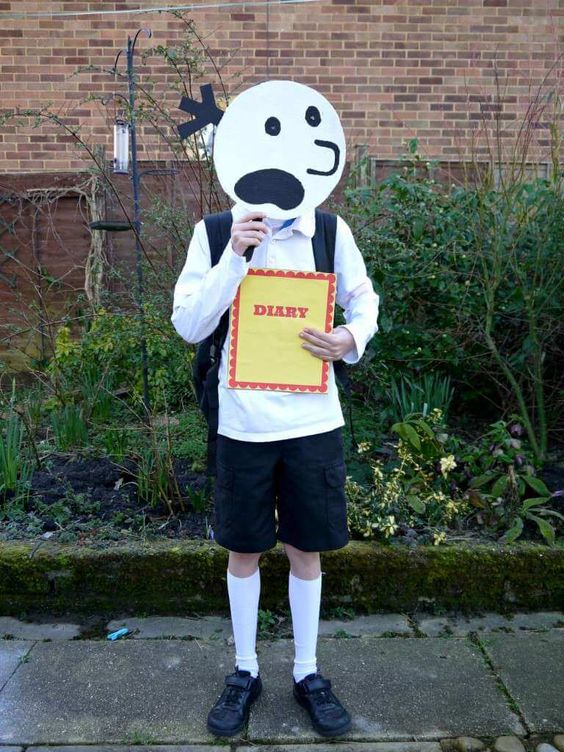

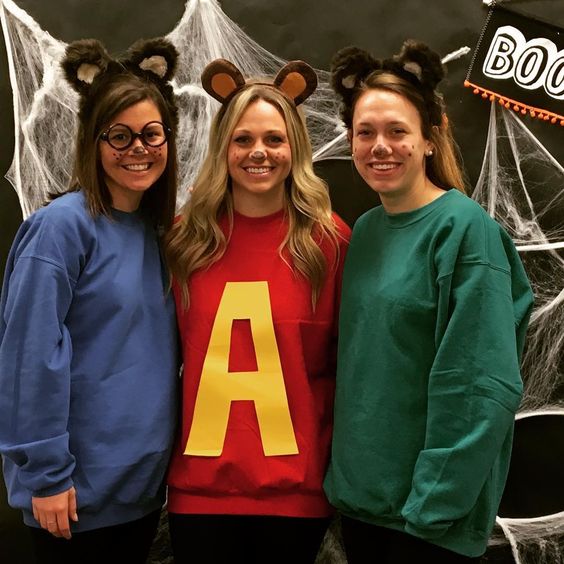
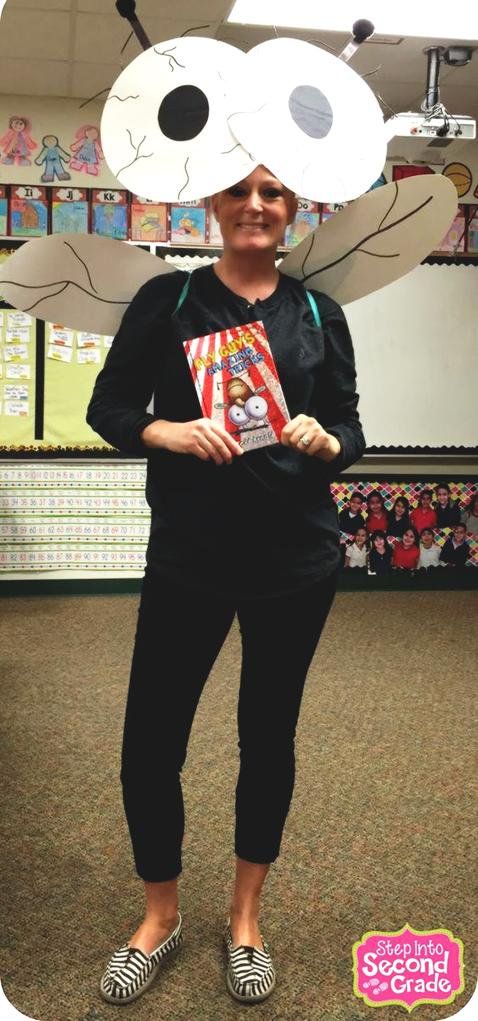

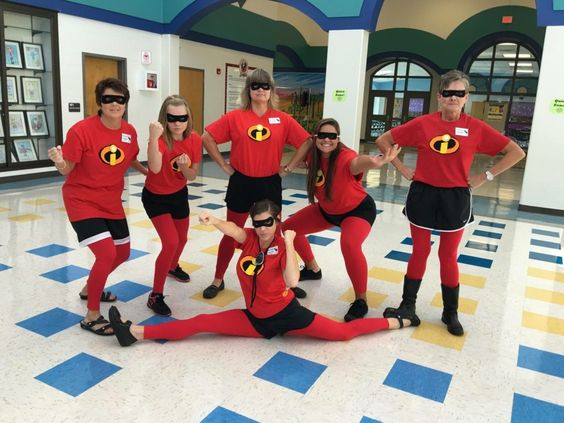
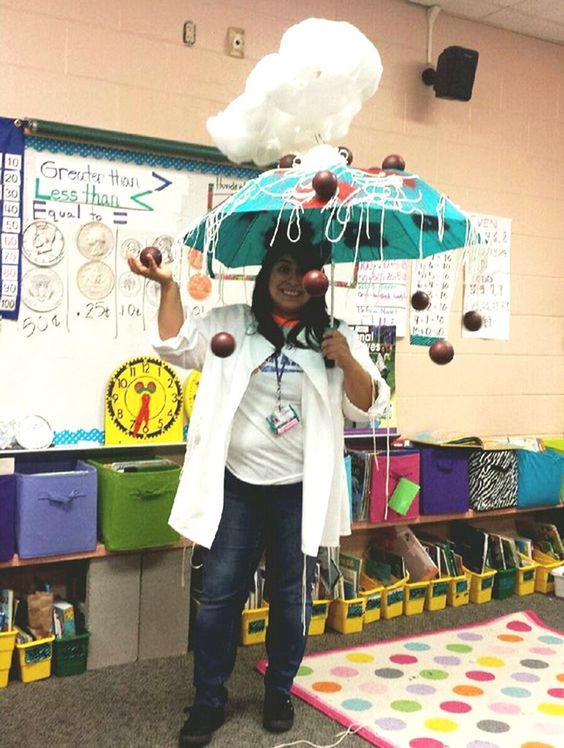
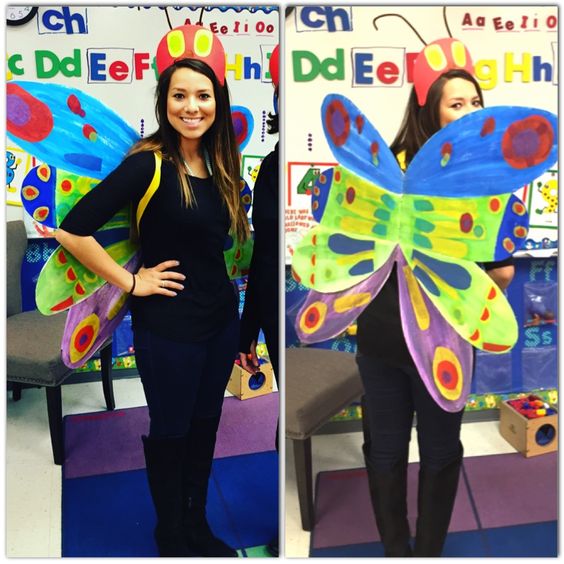


Cat in the Hat


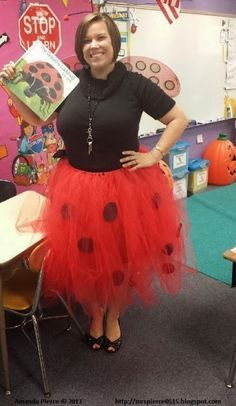

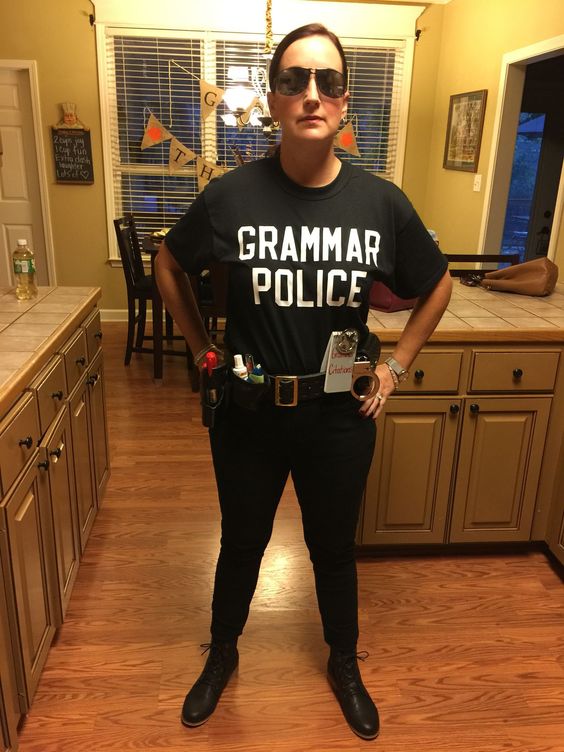



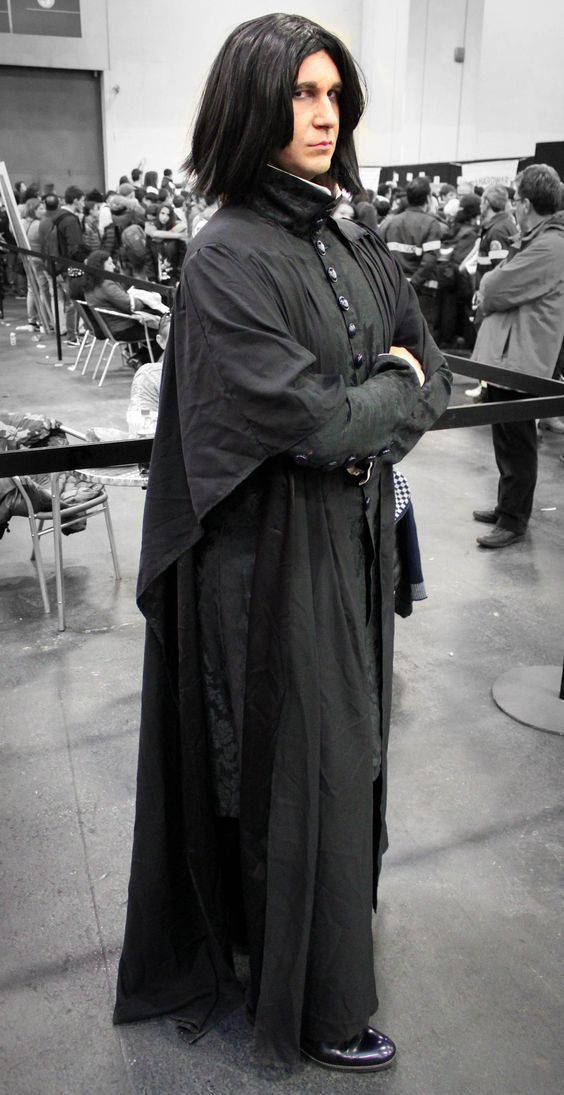

“We put a spell on you…… Now you have to go check out our Pinterest Page”
Our Pinterest board “Halloween Costumes for Teachers” has all kinds of other costume ideas, so be sure to check it out! While you’re there, don’t forget to give us a follow at California Casualty to stay up to date on every new costume we discover! Scan our Pincode with your Pinterest camera to follow:

This article is furnished by California Casualty, providing auto and home insurance to educators, law enforcement officers, firefighters, and nurses. California Casualty does not own any of the photos in this post, all are sources by to their original owners. Get a quote at 1.866.704.8614 or www.calcas.com.
by California Casualty | News |
We have amazing employees at California Casualty. The Employee Spotlight is a new series aiming to highlight those talented individuals that make up our successful company culture and community. From human resource recruiters and learning and development trainers to claims adjusters, marketers, customer support specialists, partner relations, sales representatives, and beyond; each week, we’ll highlight a new team member, so you can get to know us better and see how our employees make us who we are as a company.
This edition of the Employee Spotlight will feature a member of our Partner Relations team, Brian Goodman.
Brian has been with us for a whopping 25 years and works remotely in the Field as an AVP, Field Team Manager.
Let’s get to know Brian!
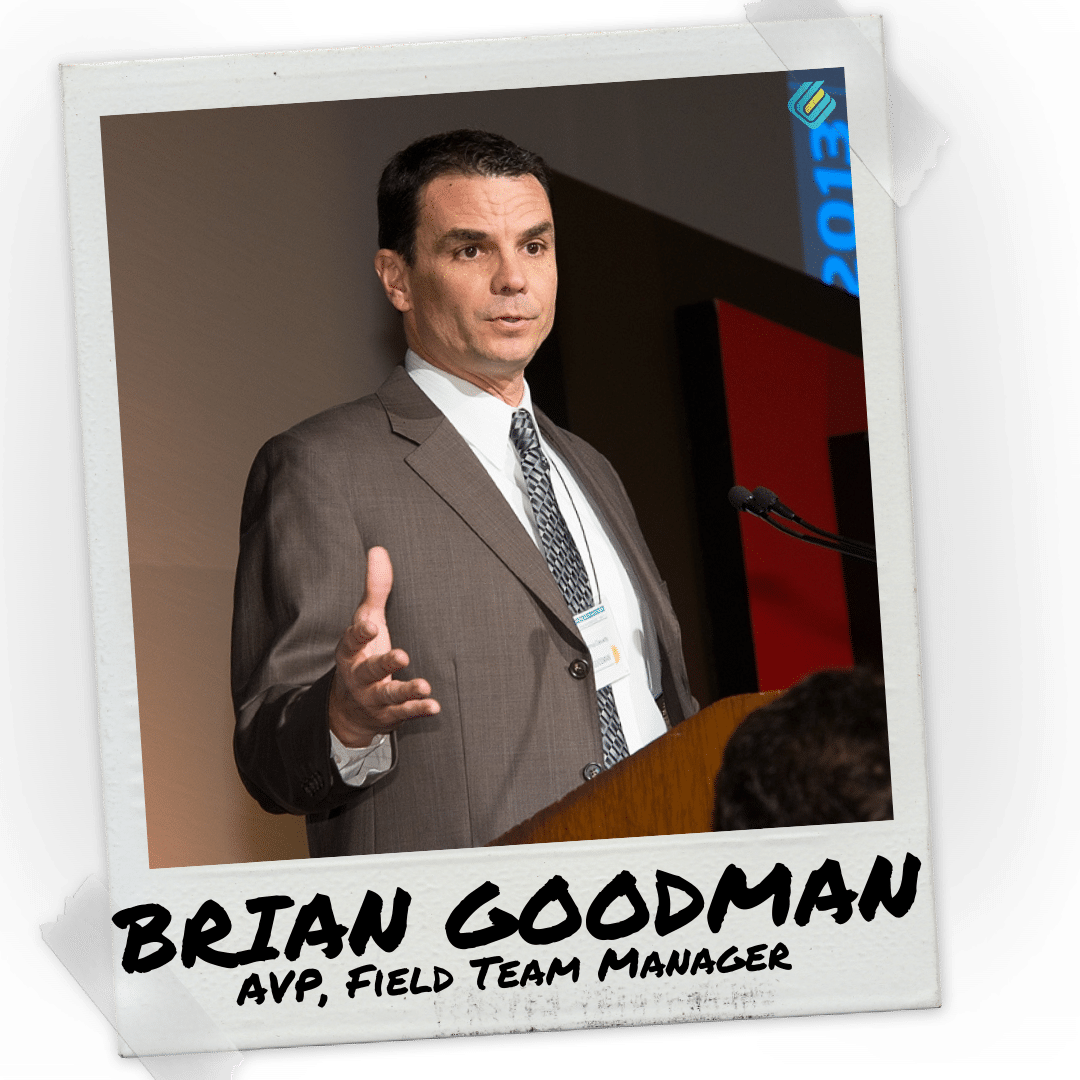
What made you want to work as a Field Team Manager for California Casualty?
I worked at the Oregon Education Association headquarters in the late ’80s and early ’90s. I always saw Dave Arnold, the original Oregon California Casualty Field Rep, come by our office for his account calls. I admired the way Dave went about his business. He clearly loved CalCas, and he was calm and kind to everyone which impressed me. So, when I heard he was retiring after 30 years, I put myself in the running as his replacement.
What is your favorite part about your job?
I get to work with a very talented field marketing team of 11 that is based in California, Oregon, and Washington.
Leading my team situationally in the way they find most helpful so they can do their best work.
I also have some great account relationships, many of which have progressed to a genuine friendship level. It’s a great thing to be able to work with staff and accounts!
I feel lucky to have spent my entire California Casualty career in the Partner Relations Department. I don’t think there is another insurance company out there that has an entire department devoted to the creation of meaningful relationships. The business model is a thing of beauty. When I explain my job description to people, oftentimes they say, “I want to do that, too!”
What have you learned in your position at California Casualty?
Being an account manager and a people manager, I’ve learned to listen carefully and ask questions so I can best understand what’s in front of me. It’s a skill that I 100% had to learn and isn’t as easy as it sounds. You can acquire a ton of knowledge simply from listening to your coworkers and account leaders. I’ve learned that we all need pretty much the same thing to be content. A member of my team, Angela Morgan, reminded me recently of the Maya Angelou quote, “Every storm runs out of rain.” I find simple things like this especially valuable.
What are your favorite activities to do outside of the office?
Easy! I’m a father, step-father, grand-father (known as Papa B), uncle, son, and husband. I’m surrounded by some pretty great people.
I’m also an official USA Softball umpire. I officiate youth softball from ages 10 to 18 and I really enjoy it. When I’m not traveling for work, you can usually find me on the softball field.
Anything else you would like the audience to know about you?
I am married to a teacher (Teckla) and yes, I did meet her on the job. She’s a beauty in so many ways. I’m almost always impressed with the way she, along with her colleagues, go about their very complex job description at school.
If you want to learn more about Brian or are interested in a career at California Casualty, connect with him on LinkedIn! Or visit our careers page at https://www.calcas.com/careers
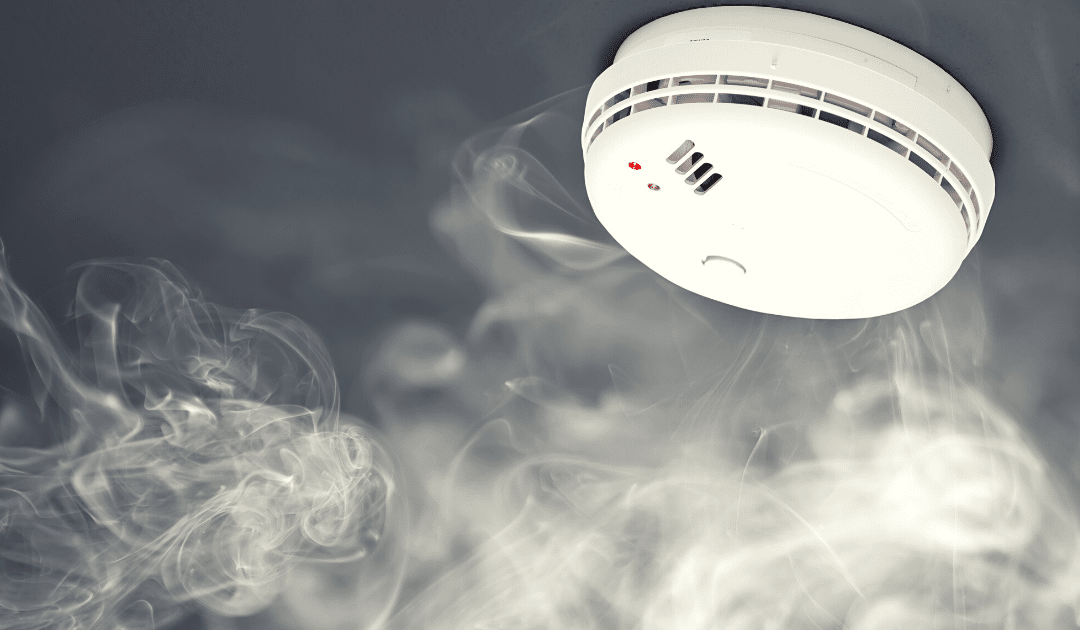
by California Casualty | Firefighters, Safety |
There are many more combustible materials in today’s homes than in years past, which means a spark or small fire can engulf a house in less than five minutes.
Smoke alarms are a critical first line of defense against catastrophic loss. To keep your family and home safe, follow these tips on installing alarms correctly, testing them, and ensuring that they’re properly maintained and cleaned.
Step 1: Installation
First, you should know that there are two types of smoke alarms: ionization and photoelectric. The first is more responsive to flaming fires, the second to smoldering fires. For best protection, use both types or a hybrid of the two. When it comes time to install them, remember to:
-
- Install alarms inside each bedroom as well as outside sleeping areas and on every level of your home, including the basement.
- Choose alarms that display the label of a recognized testing laboratory.
- Install wall-mounted alarms 4 to 12 inches from the ceiling, and ceiling-mounted models at least 4 inches from the closest wall.
- To avoid false alarms, place the units more than 10 feet from cooking appliances and 3 feet from bathrooms (shower steam can trigger them).
- Smoke alarms in the basement should be positioned on the ceiling at the bottom of the stairs leading to the next floor.
- For pitched ceilings, place alarm within 3 feet of the peak but not within the apex.
- Never paint smoke alarms or adhere stickers or decorations, as this can disable them.
- Don’t install alarms near doors, ducts, or windows where drafts might decrease their sensitivity.
- If possible, interconnect your smoke alarms using hard-wiring or wireless technology. This extra safety measure enables all the alarms to sound at once when any single one is triggered. Note that they must be from the same manufacturer.
Step 2: Testing
Be sure to keep the manufacturer’s instructions so you can properly test them and use for reference.
-
- While using ear protection, test alarms at least once a month using the “test” button. This ensures that your alarms have reliable power.
- Never test your alarm with real smoke or exhaust.
- Make sure you know what kind of batteries your smoke alarms have. Some units have non-replaceable 10-year batteries; others have batteries that need to be replaced every 6-12 months. For the latter, always have fresh replacement batteries on hand.
- Always replace batteries following the manufacturer’s instructions. If it specifies a particular battery, use that exact one or the alarm might not work properly.
Step 3: Maintenance & Cleaning
Smoke alarm safety depends on regular maintenance and cleaning. Do the following to ensure yours stay in proper working order.
-
- Maintain a monthly testing schedule and log your maintenance activities, along with any notes.
- If the alarm chirps, that means the battery is low and you should replace it right away.
- Clean alarms by gently vacuuming the outside of the unit with a soft brush attachment. You can also use a can of clean compressed air (sold at office supply stores).
- Never use water, solvents or cleaners on your alarm.
For more tips on home fire safety, be sure to read our Home Fire Safety Tips from Firefighters and check out this handy infographic.
Finally, make sure your family has a fire escape plan in place and that everyone understands and can follow it in an emergency. Use the National Fire Protection Association’s easy-to-use template here.
This article is furnished by California Casualty. We specialize in providing auto and home insurance to educators, law enforcement officers, firefighters, and nurses. Get a quote at 1.866.704.8614 or www.calcas.com.





























































